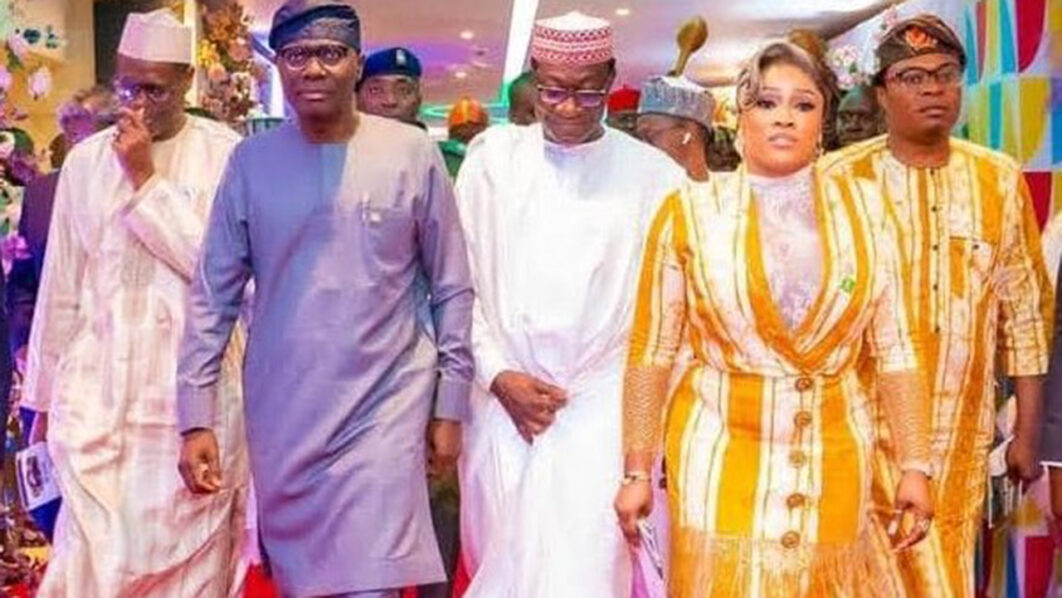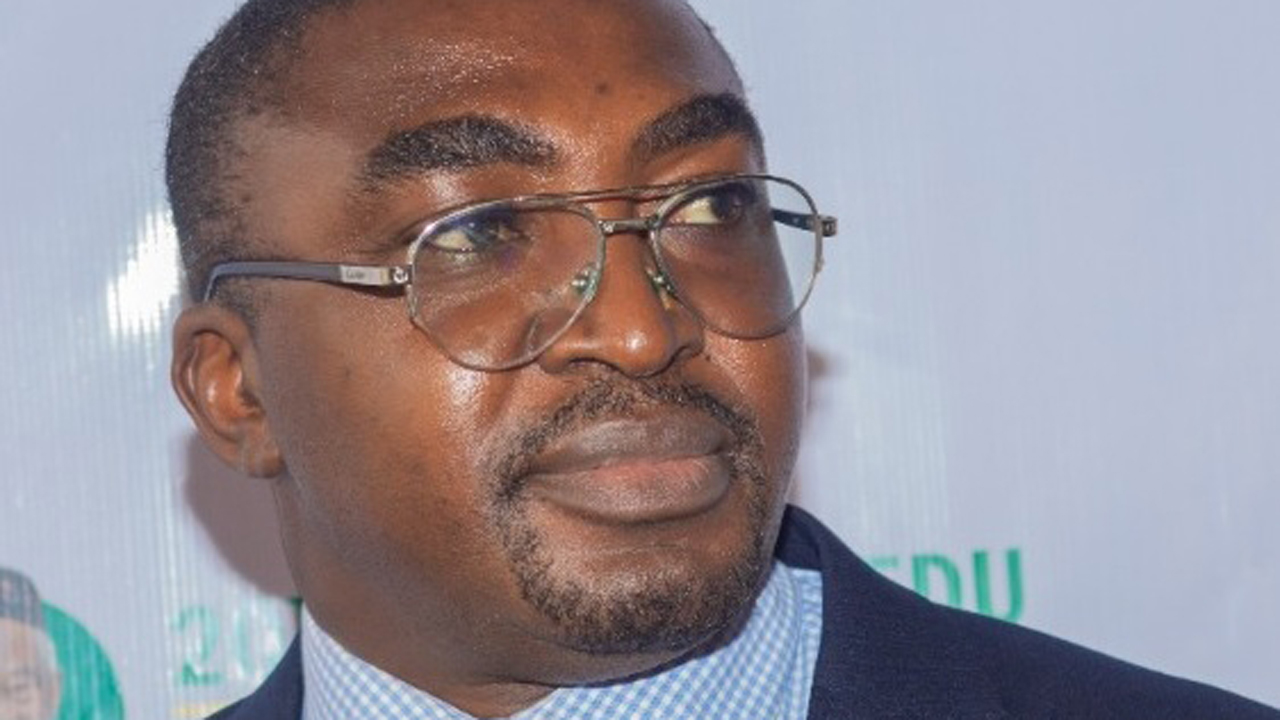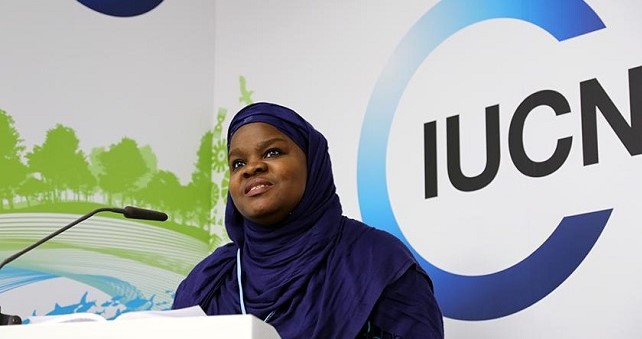
Lagos State government has expressed commitment to sustainable urban planning, regeneration of Lagos Island and transformation of the Lekki – Epe corridor.
Governor Babajide Sanwo-Olu, who spoke during the opening of the 5th Lagos Real Estate Marketplace Conference and Exhibition, organised by the Lagos State Real Estate Regulatory Authority (LASRERA), themed, “Reimagining Lagos: The Critical Role of Regulations in Sustainable Real Estate Development,” said the aim is to balance development with environmental responsibility and smart land use. “We are building for the future,” he added, “creating a Lagos that is resilient, inclusive, and globally competitive.”
Addressing a gathering of policymakers, real estate professionals, and traditional leaders, Sanwo-Olu stressed the importance of collaboration, sustainability, and innovation in addressing the challenges posed by rapid urbanisation. “Real estate is not just about structures; it is a cornerstone of our economy, a driver of social equity, and a critical element of sustainable urban planning,” he said.
He highlighted the integration of mass transportation systems in Lagos, including rail, buses, and ferries, which are being designed to manage the city’s growing population while reducing congestion and supporting smart urban planning. “This is not just about addressing today’s challenges but ensuring a sustainable city for generations to come,” he said.
In his address, the Minister for Housing and Urban Development, Ahmed Dangiwa, emphasised the need for sustainable urban development in Lagos, advocating for innovative solutions, such as vertical development and eco-friendly materials to ensure sustainable growth.
He commended the state government for its leadership in urban planning and urged stakeholders to align with federal initiatives to address the housing deficit. “Lagos has made significant infrastructure trends, including the most rapid transit system; the Lagos Blue Line rail; such innovations enhance the quality of life.
The Ooni of Ife, HRM Ooni Adeyeye Enitan Ogunwusi Ojaja II, reflecting on his journey as a real estate investor, praised the city for its opportunities and resilience. “Lagos has always been a land of immense possibilities,” he said.
He stressed the importance of following proper regulations and embracing sustainable practices. “Sustainability is not just a buzzword; it is the foundation of meaningful development. We must learn to build with a long-term vision,” he added, urging young investors to prioritise compliance and innovation in their projects.
The Chairman of the House Committee on Housing and Habitat, Hon. Abdulmumin Jibrin, called for stricter regulations to curb malpractice and strengthen professionalism in the real estate sector. “Regulation is not a barrier; it is the foundation of trust and growth in this industry,” he said, pledging legislative support to improve oversight and enforcement.
President of the Real Estate Developers Association of Nigeria (REDAN), Akintoye Adeoye, noted Lagos’s significant economic role in Nigeria, pointing out its rapid urbanisation and growth, saying that Lagos has the potential to lead Africa in sustainable urban development.
He advocated inclusive and resilient cities that address environmental concerns and the needs of all its residents, stating, “The journey to sustainable urbanisation is long and challenging, but it is also a journey filled with incredible opportunities. It is about creating cities that are resilient, inclusive and capable of supporting the needs of all residents,” he added.
Group Managing Director, Digital Space Capital Group, Olubukola Abitoye, emphasised the use of recycled materials, renewable energy, and digital technology to reduce costs and environmental impact, stressing that it is the collective responsibility of government, the private sector, and communities to create sustainable and affordable housing solutions for a better future.






